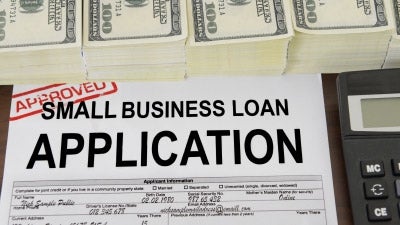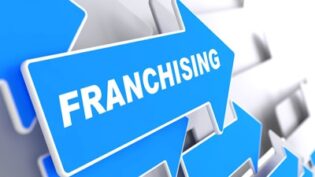What is the best way to go about getting a loan from the SBA?
By: Bill Wortman

What is the best way to go about getting a loan from the SBA?
Answer: Contrary to popular belief, the Federal Small Business Administration or SBA does not provide loans but merely provides loan guarantees on loans made by its lending partners (Banks, Community Development Organizations, Microlending Institutions and other lenders). There are several SBA loan programs and the requirements for each program vary. But, like other business loans, collateral, cash flow, credit history and personal guarantees are typical considerations with SBA guaranteed loans. SBA-backed loans range from less than $10,000 to over $1 million. The SBA’s loan guaranty requirements and practices can change as the U.S. Government alters its fiscal policy and priorities to meet current economic conditions; therefore, past policy cannot always be relied upon when seeking financing in the current market.
Generally, a bank officer with an SBA lending partner is the best resource for details on the current requirements of SBA loan programs and evaluating which loan program would be the best fit for a particular business. However, the SBA does provide a pre-qualification program through its network of Small Business Development Centers (SBDC’s) and other third parties to help businesses determine whether they can qualify for an SBA guaranteed loan. You can review information on the SBA loan programs, the pre-qualification program, local lenders, and financing basics at the following websites:
- Finance – Getting Money: businesstown.com
- US Chamber of Commerce: uschamber.com
- How Do I Find Funding For My Business Startup: about.com
Banks, the government, and other lenders generally require a business plan to understand how you plan to repay any debt. Typically, business plan information flows into a loan proposal. You will likely need a written plan to professionally present your company to lenders. Your local accountant or CPA may be of assistance with your financial projections and business plan; but, for free professional assistance, the Federal Small Business Administration (SBA) sponsors Small Business Development Centers (SBDC’s) that provide personal assistance with business plans and the volunteer Service Corps of Retired Executives (SCORE) offers small business services. The following will help you find SBA websites for your area:
Sample plans and business plan information:
- Sample Business Plans: bplan.com
- Business Plan Competition: businessplans.org
- Business Planning – Creating Plans: businesstown.com
- So You Wanna Write a Business Plan: soyouwanna.com
Loan Proposals:
4549 Views














